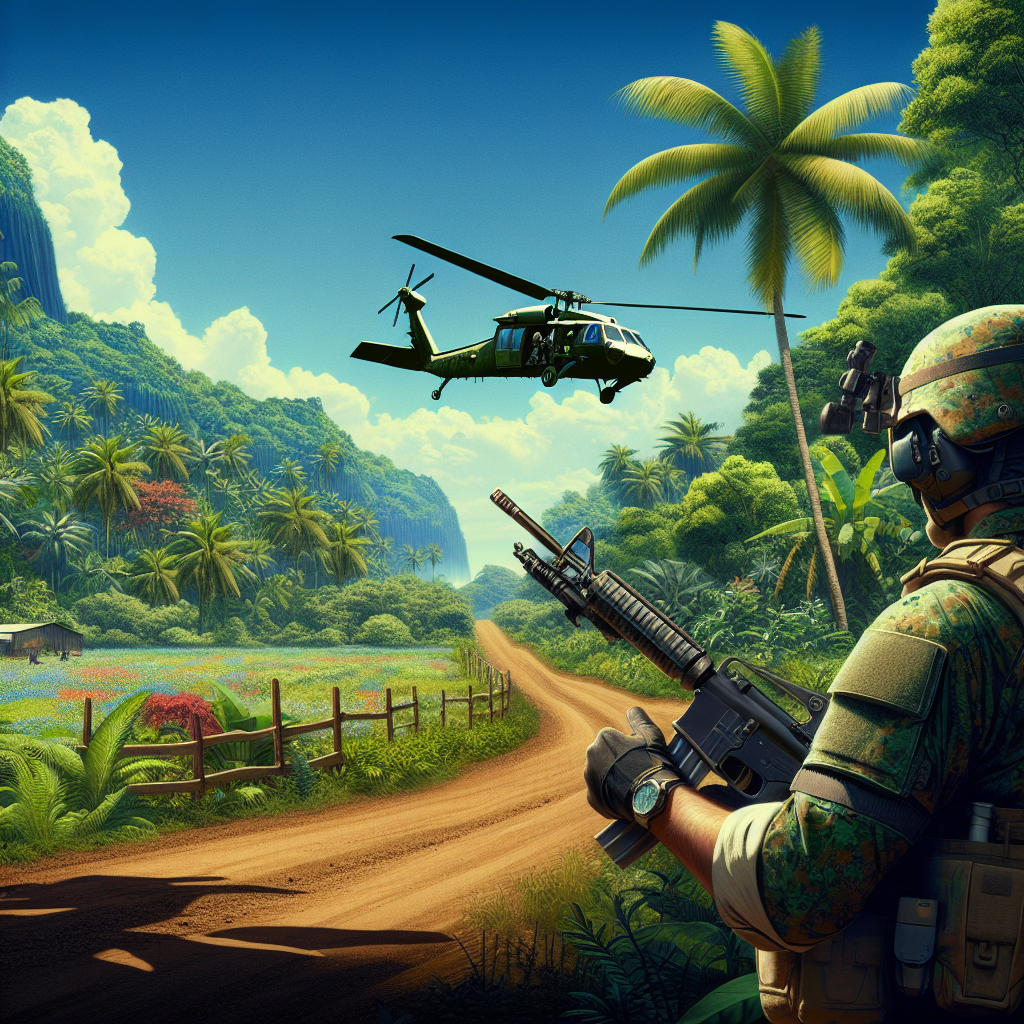Introduction to Far Cry 6’s Political Nature and Public Reaction
The narrative director of Far Cry 6, Navid Khavari, initially stated that the game was not intended to be a political commentary on Cuba specifically. This comment sparked widespread interpretation that the game was apolitical, which seemed incongruous given its premise of a revolution against a fascist dictator on a Caribbean island. The public reaction was strong, reflecting a broader debate on the political content in video games, particularly those set against a backdrop of political upheaval.
Ubisoft’s Stance on Politics in Games
Historically, Ubisoft has maintained a stance on the political aspects of its games that can be seen as somewhat ambiguous. CEO Yves Guillemot has acknowledged that Ubisoft’s games are indeed political, but the company aims to stay neutral in its storytelling. Editorial vice president Tommy Francois has echoed a similar sentiment, suggesting that Ubisoft’s focus is on creating “mature” video games rather than overtly political ones. This position has been a topic of discussion, particularly in light of Ubisoft’s portfolio of games that often touch on political themes.
- Ghost Recon Wildlands
Navid Khavari’s Clarification on Far Cry 6’s Politics
In response to the strong public reaction, Navid Khavari provided a clarification on the political elements within Far Cry 6. He explicitly stated that the story of the game is indeed political, as it deals with a modern revolution and includes discussions on various politically charged themes.
| Political Theme | Discussion in Far Cry 6 |
|---|---|
| Rise of Fascism | Conditions leading to fascism in a nation. |
| Imperialism | The costs of imperialism. |
| Forced Labor | Issues surrounding forced labor. |
| Free-and-Fair Elections | The need for democratic elections. |
| LGBTQ+ Rights | Representation and rights of LGBTQ+ individuals. |
The Development Process and Inspirations
The development of Far Cry 6 involved drawing inspiration from various countries that have experienced political revolutions throughout history. The developers of the game did not solely focus on Cuba but also looked at other nations to create a rich and diverse backdrop for the game’s narrative. To ensure authenticity and sensitivity, the team consulted with experts who could provide personal insights into the history and cultures that inspired the game’s setting and story.
Conclusion: Letting Far Cry 6’s Story Speak for Itself
Navid Khavari, the narrative director, has requested that players let the story of Far Cry 6 speak for itself before passing judgment on its political stance. This approach suggests a shift in Ubisoft’s strategy to more openly address the inherently political nature of its games. While the company may not take a definitive stance, it acknowledges the complexity of politics in storytelling. This could indicate a deeper narrative experience in Far Cry 6 than in previous entries of the series.

